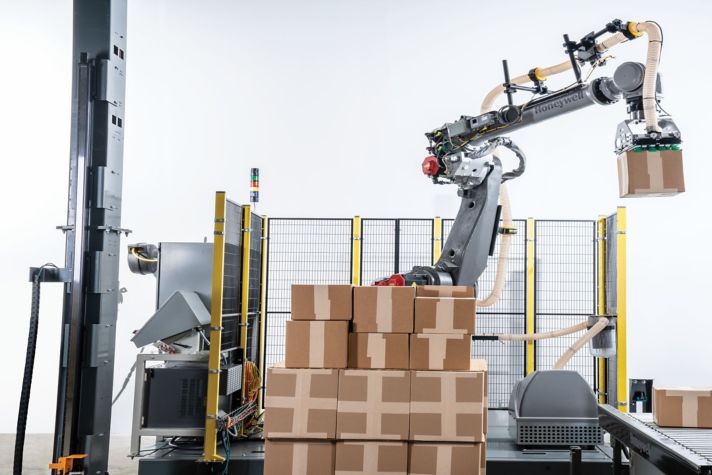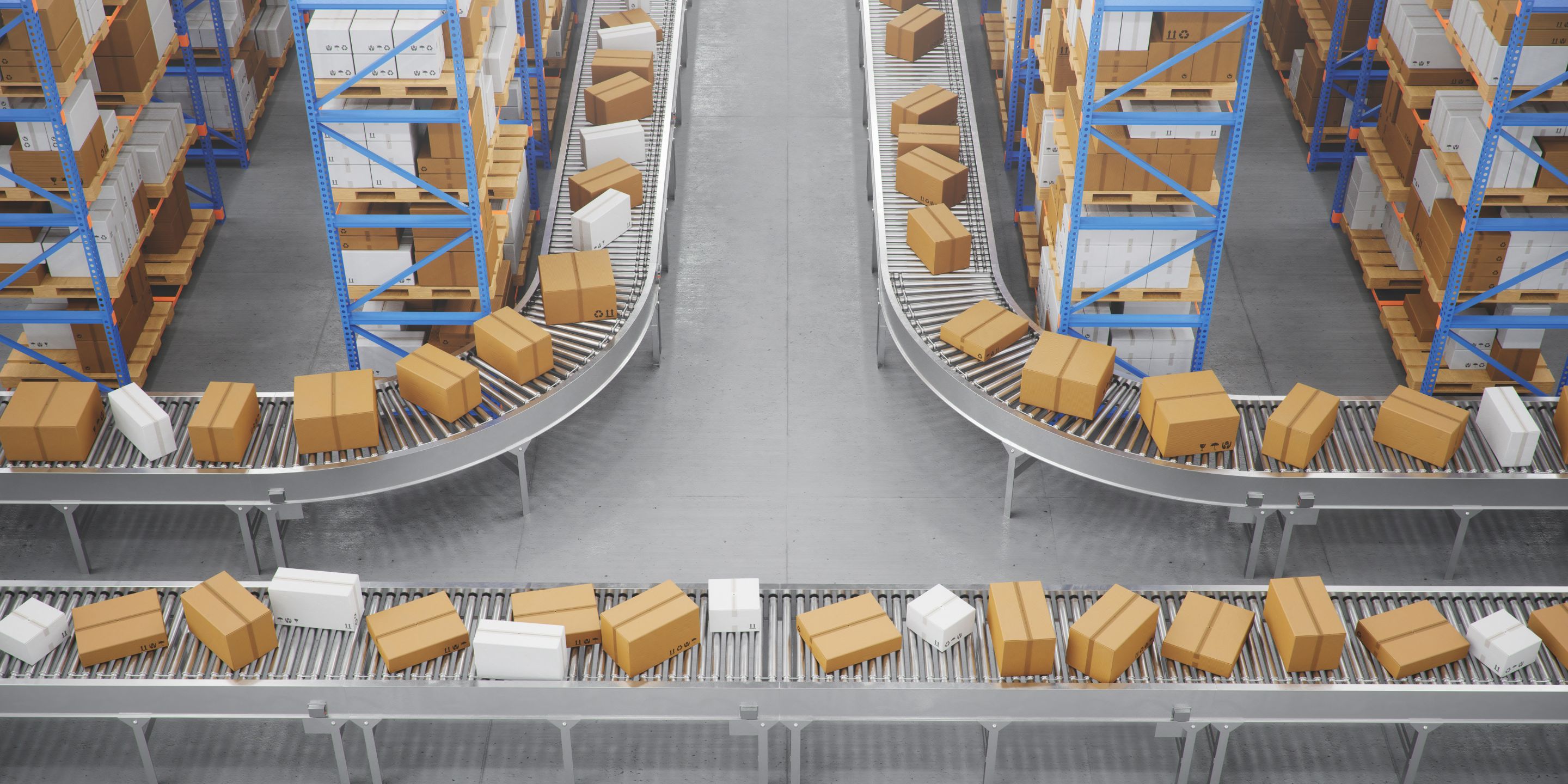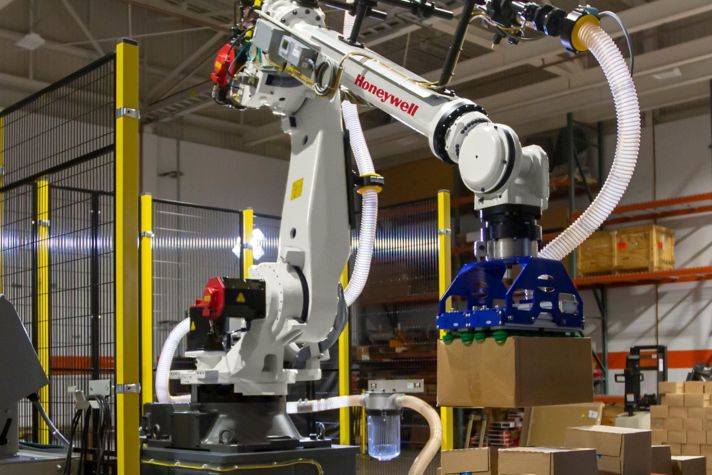-
Global
-
Africa
-
Asia Pacific
-
Europe
-
Latin America
-
Middle East
-
North America
- |
- BUSINESSES
- |
- Contact
- |
-
Global
-
Africa
-
Asia Pacific
-
Europe
-
Latin America
-
Middle East
-
North America
- |
- BUSINESSES
- |
- Contact
- |
You are browsing the product catalog for
You are viewing the overview and resources for
- News
- The Story Behind Stopping Counterfeit Tobacco
The Story Behind Stopping Counterfeit Tobacco
New European Union regulations require tobacco manufacturers track products
May 20, 2019
Illegal tobacco can pose a health risk to consumers and cost the European Union and manufacturers in revenue.
Tobacco manufacturers, wholesalers, distributors and others across the industry must soon track cigarettes and roll-your-own tobacco products as they move through the supply chain under European Union regulations.
The latest phase of the EU regulations take effect May 20, 2019 and intend to cut down on counterfeit tobacco products.
Those economic operators must send data on the tobacco products to the European Union. We offer an easy solution that streamlines the process.
As the new regulations take effect, here is how tobacco users, governments and manufacturers will be affected:
Consumers: Safety
The first phase of the EU regulations took effect a few years ago and required health warnings on legal cigarette and roll-your-own tobacco packages. Meanwhile, fake cigarettes can contain arsenic and dead flies, according to news reports. Illegal tobacco products have also been found hidden in unsanitary places like in walls, floors and toilets. Reducing illegal products on the black market can ensure the products adhere to quality standards for tobacco ingredients.
Government: Regulation and public health
The EU says that “tobacco consumption is the single largest avoidable health risk,” and “responsible for nearly 700,000 deaths every year,” in the EU. The tobacco regulations intend to help tobacco users quit or not start using tobacco products. Many who illegally buy fake cigarettes do so to pay cheaper prices and avoid paying duty and taxes on tobacco products. The EU Anti-Fraud Office says that profits from fake cigarettes finance organized crime. The European Union estimates tobacco smuggling costs an estimated 10 billion euros (Approximately $11 billion U.S. dollars) to national budgets. Stopping the illegal trade, puts that money back in to governments’ coffers.
Manufacturers: More revenue, compliance
By reducing the amount of counterfeit competition for cigarettes, manufacturers can earn the revenue they currently lose to the illegal market. Manufacturers and other businesses along the supply chain most comply with the new regulation or face penalties. The deadline is quickly approaching for those stakeholders to become compliant.
Copyright © 2025 Honeywell International Inc.




